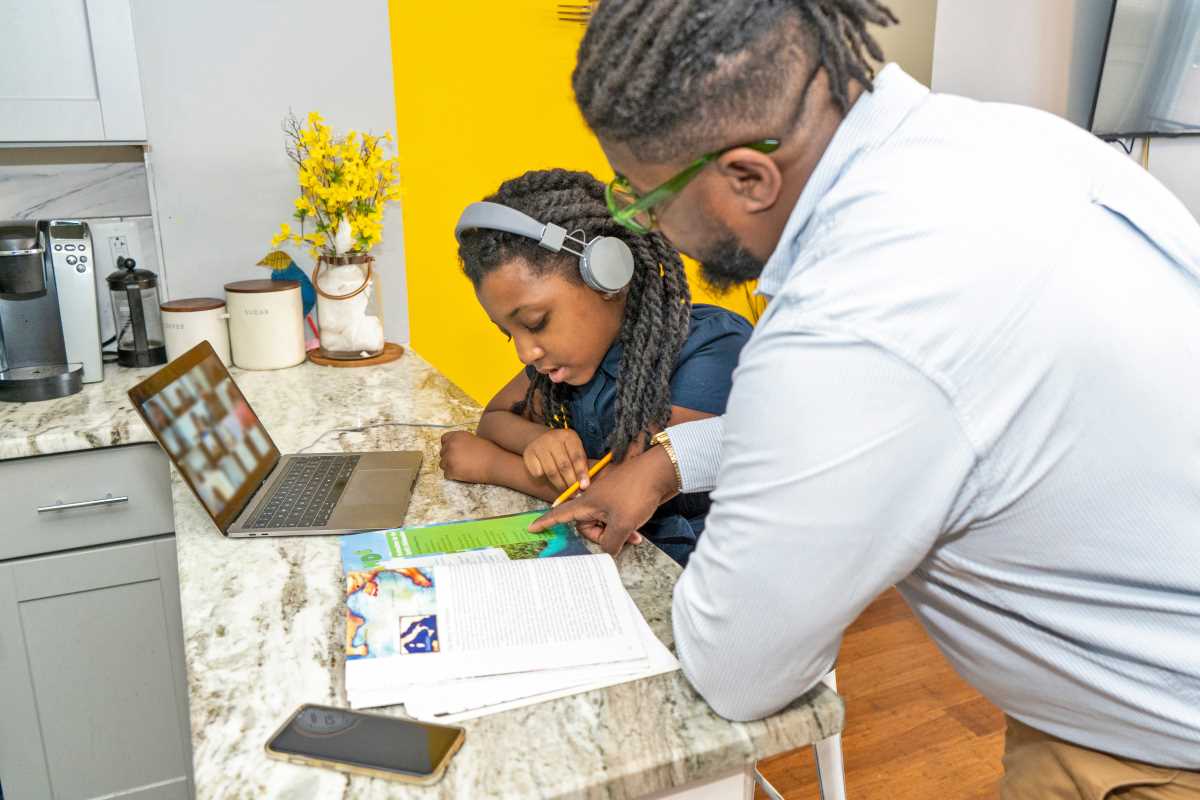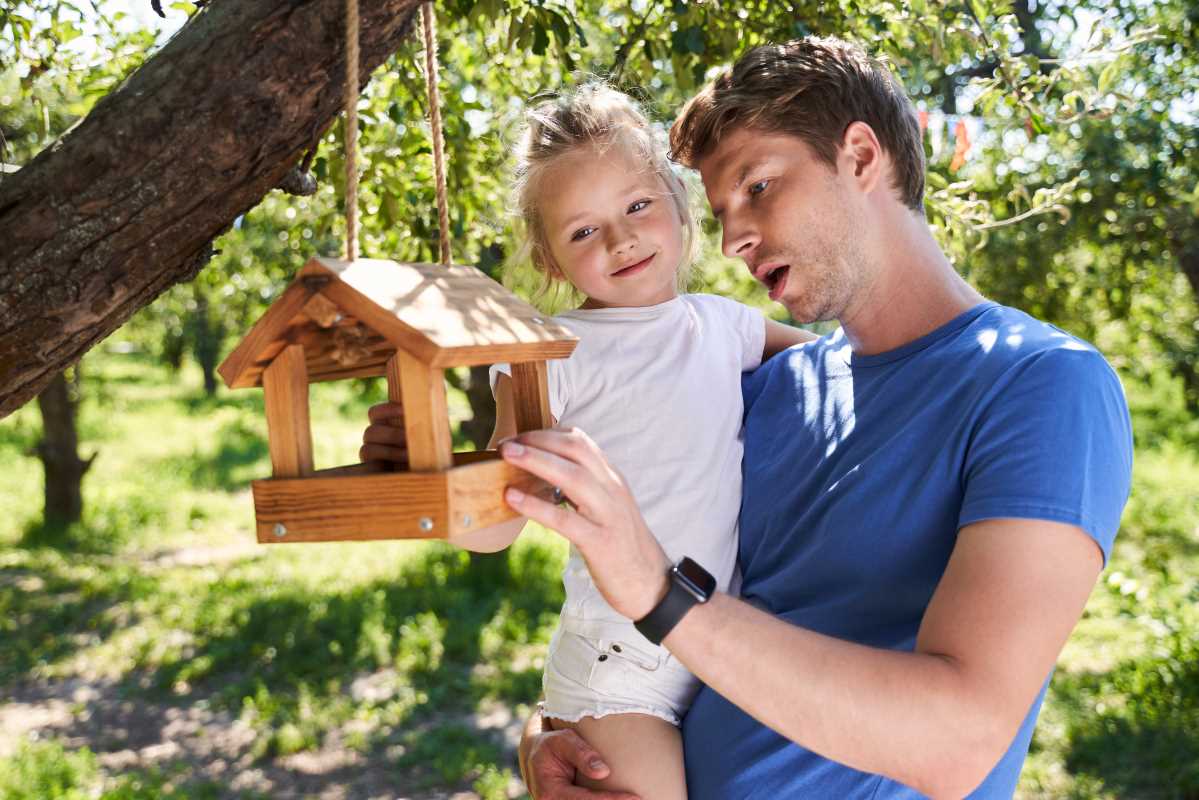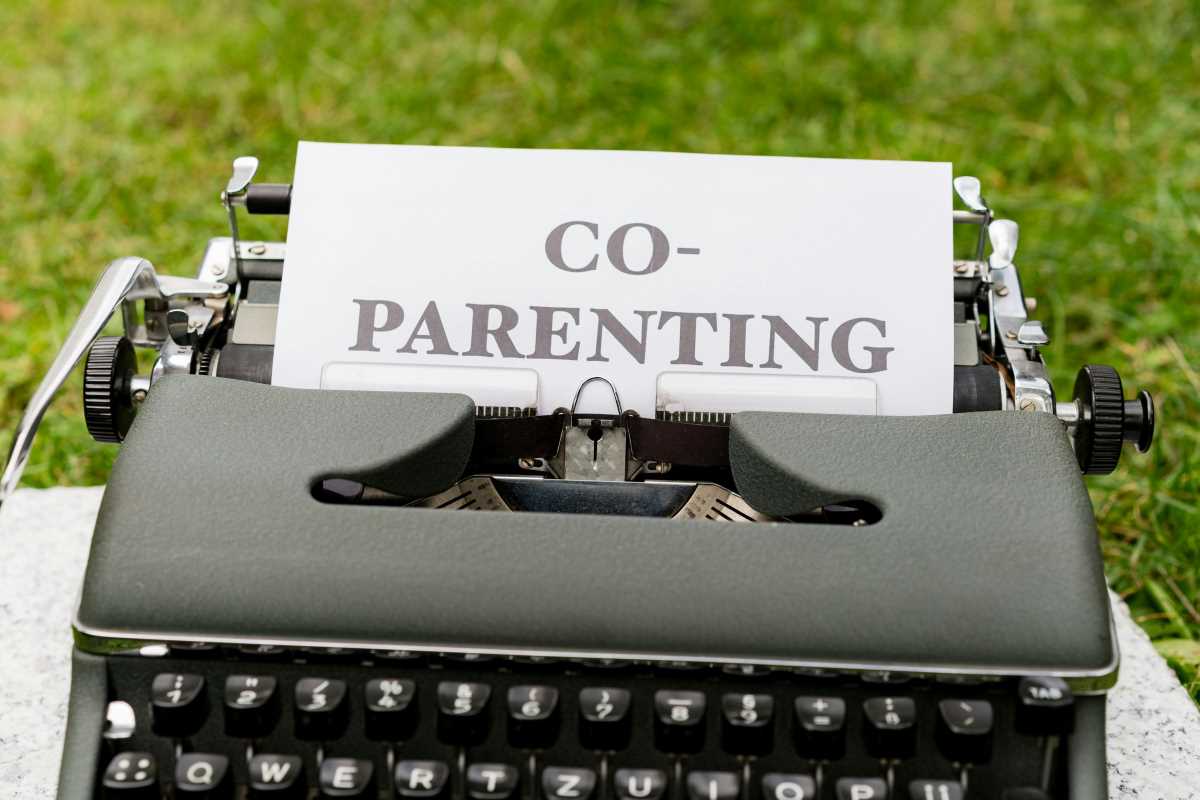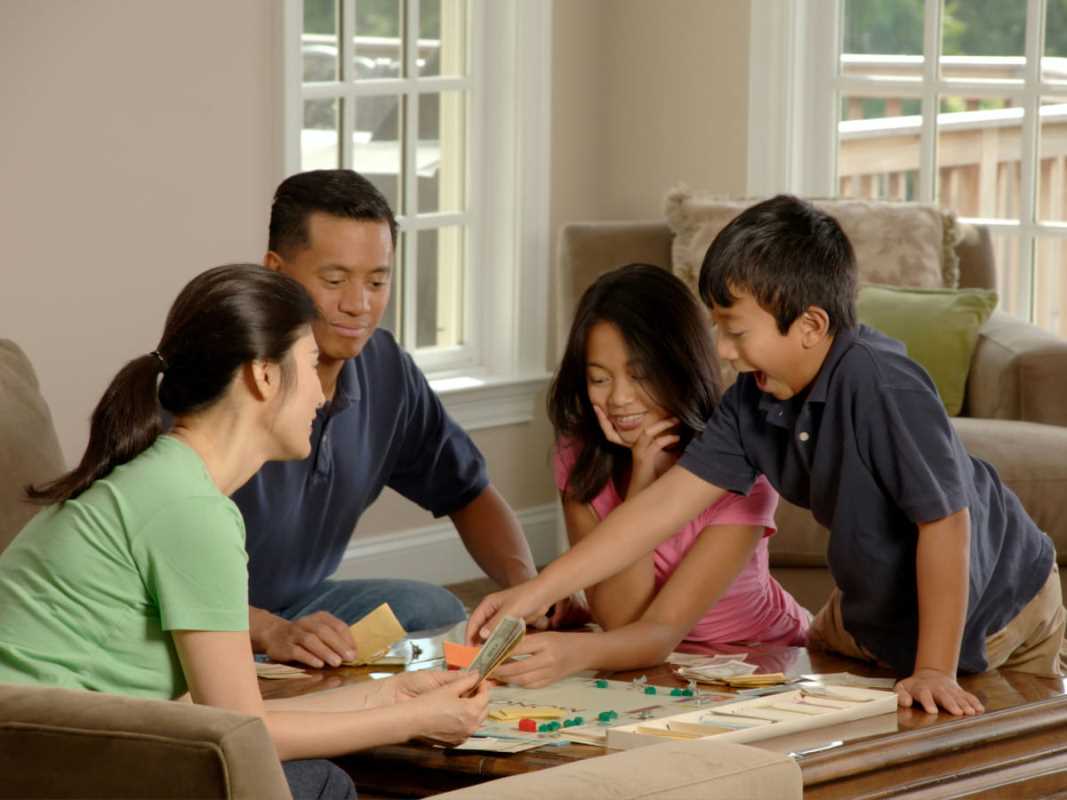Navigating life after divorce is a complex and emotional experience, particularly when you're also a parent. The idea of finding love again can feel like a mountain to climb. You’re juggling parenting responsibilities, recovering emotionally, and reevaluating what you want in a relationship. Yet, finding happiness and companionship is within reach, and it begins with setting realistic, healthy expectations for love. This process helps you honor both your own feelings and the unique dynamics of your family life.
Understanding the New Landscape
Divorce reshapes almost every aspect of your life—not just your marital status. It changes how you view relationships, family, and even yourself. Before stepping back into the dating world, it’s important to fully understand and adapt to this new reality. This grounding will not only help you heal but will also guide you toward a healthier approach to love.
- Accept that your time and energy are limited
After divorce, your priorities naturally shift. If you’re a parent, your children’s needs take center stage, which can mean there’s less time and energy to focus on a new relationship. It’s okay for romance to happen in smaller doses. Be transparent about what you can offer emotionally and logistically to a new partner. For instance, you might set boundaries around date nights to ensure they don’t interfere with your child's school events or bedtime routines. Honesty now avoids misunderstandings later.
- Acknowledge lingering emotions
Healing from divorce is rarely a straight path. Past hurts, insecurities, or fears of repeating old mistakes might resurface. These emotions are normal but shouldn’t be ignored. Recognize when they arise and work through them. For example, if trust was broken in your previous marriage, take time to rebuild confidence in yourself and your ability to trust again. A therapist or trusted confidant can offer valuable tools for managing these emotions.
- Reimagine your personal identity
Divorce often forces you to rediscover who you are beyond being a spouse. Spend time reflecting on what truly brings you joy or fulfillment. Revisit hobbies you abandoned, or explore new interests you never had time for. This self-discovery cultivates confidence, making you emotionally stronger as you step into new relationships.
Redefining Love and Relationship Goals
The love you seek after divorce will differ in many ways from the love you had before. That shouldn’t feel intimidating; rather, it signals growth. Your past experiences give you deeper insight into what matters most in a partner and a relationship. Use these lessons to shape your new relationship goals.
- Clarify your non-negotiables
Your experiences during and after divorce provide clarity about your values and deal-breakers. Maybe you’ve realized you prioritize emotional availability or value a partner who respects your parenting style. Write down a list of qualities you’re looking for, but keep it realistic. No one is perfect, and focusing on core traits instead of superficial details creates a better foundation for compatibility.
For example, if financial stability is important to you, focus on whether a potential partner shares your approach to budgeting and saving rather than whether they earn a specific salary. This balance helps you distinguish between preferences and true necessities.
- Be patient with the pace
Entering a new relationship can be exciting, but rushing makes it easy to overlook red flags or feelings of unease. Give relationships time to develop naturally. Take things slow, particularly when introducing a new partner to your children. The slower you move, the more space everyone has to adjust and build trust.
Consider creating milestones for when you might introduce your significant other to your kids, such as after six months of exclusive dating. This approach ensures the relationship has a solid foundation before integrating it into your family dynamic.
- Flexibility is key
Life as a parent often means schedules are unpredictable. The "perfect" partner may not fit a traditional mold of what you previously imagined. For instance, someone who is also a parent might better understand the challenges you face, but they may also come with their own limitations, like custody schedules or ex-spouse dynamics. By staying open to different scenarios, you leave room for unexpected yet fulfilling relationships.
Balancing Dating With Parenting
Balancing personal happiness and parenting responsibilities is one of the biggest challenges when reentering the dating world. Some days, it might feel impossible to juggle both, but with careful planning and open communication, it’s manageable. Above all, prioritize your children’s emotional well-being throughout the process.
- Open, age-appropriate conversations with your kids
Children often have mixed feelings about their parent dating again. While younger kids might be confused or clingy, older ones can feel protective or resistant. Address these emotions with honest, age-appropriate explanations. For example, you might tell a younger child, “I want to spend time with a friend who makes me happy, but you will always be my number one.” For older children, emphasize that dating doesn’t mean you’re replacing the other parent. Reassure them that your love and commitment to them is unwavering.
- Establish healthy boundaries
Dating while parenting requires clear boundaries. For example, if you decide to bring a new partner around, ensure it happens in spaces that feel safe for your children. Avoid intimate displays of affection in front of them early on. Protect their routines by keeping your dating life separate from family life until the relationship reaches a stable stage.
Additionally, setting boundaries for yourself is important too. Avoid letting a budding romance consume all your energy. Your children need to feel that their role in your life hasn’t diminished due to your new relationship.
- Model healthy relationship standards
The way you approach dating reflects on your children. Show them what a respectful and caring relationship looks like. For instance, you can demonstrate mutual respect by communicating openly and kindly with your partner. Even if it’s too early to introduce your significant other to your family, how you handle relationships still teaches them valuable lessons about love, compromise, and self-worth.
Self-Care and Support
Navigating post-divorce life is never a one-person job. Seeking support while taking care of yourself creates the emotional stability you need to succeed both as a parent and a partner. Remember, you don’t have to do everything alone.
- Prioritize self-care
You can’t pour from an empty cup. Parenting itself is taxing, and adding dating to the mix may feel overwhelming at times. Carve out time for self-care, even if it’s as simple as a weekly bath, a morning walk, or reading your favorite book. Your mental and physical health impacts not only how you show up for a partner but also how present you can be for your kids.
For instance, engaging in activities that bring relaxation and joy, like yoga or painting, can help re-center your focus and reduce stress. Even a few moments of mindfulness each day can work wonders.
- Seek community
Being able to share your experiences with others who’ve walked a similar path is powerful. Joining a local or online support group for single parents or divorced individuals can provide both reassurance and practical advice. You’ll realize you’re not alone, and hearing other people’s stories may inspire you as you evaluate your own goals.
Similarly, building a trusted network of friends who understand your priorities can ease the pressures of dating. They can offer time, feedback, and encouragement as you explore this new chapter.
Give Yourself Permission to Dream
Learning to open your heart again after divorce is a courageous act. It’s easy to feel discouraged, wondering if it’s even worth trying. But love is a limitless resource, and there’s every reason to believe you can find happiness and companionship that enhances your life.
The key is balance. Honor your needs and those of your children. Dream big, but don’t expect perfection from yourself, your partner, or your circumstances. Allow time for growth and trust the process. Focus on building genuine connections rooted in respect and understanding.
Remember, the pathway to love after divorce is not linear. There will be moments of doubt and hurdles to overcome, but these don’t diminish your worthiness or ability to find love again. The right relationship will complement your life as it is, uplifting you and your family, not complicating it. Trust that with patience, intention, and an open heart, brighter days lie ahead—for both you and your children.







